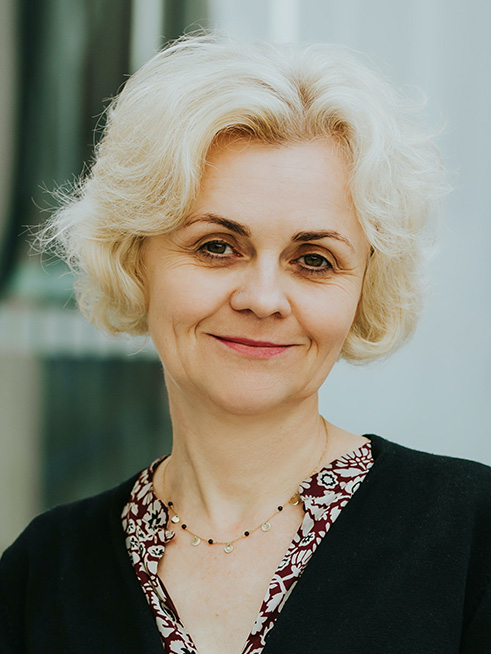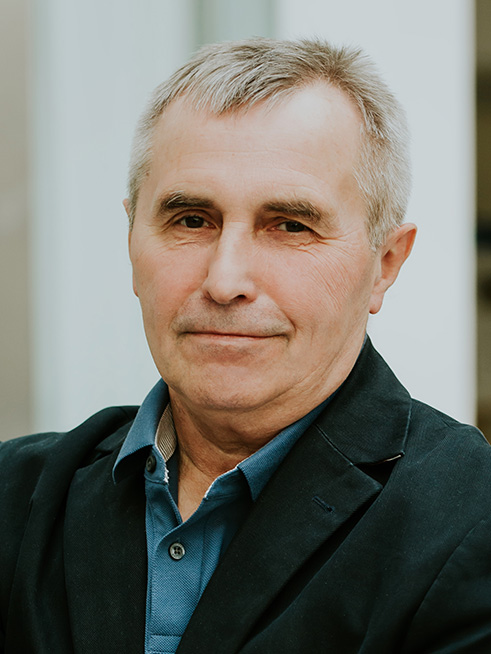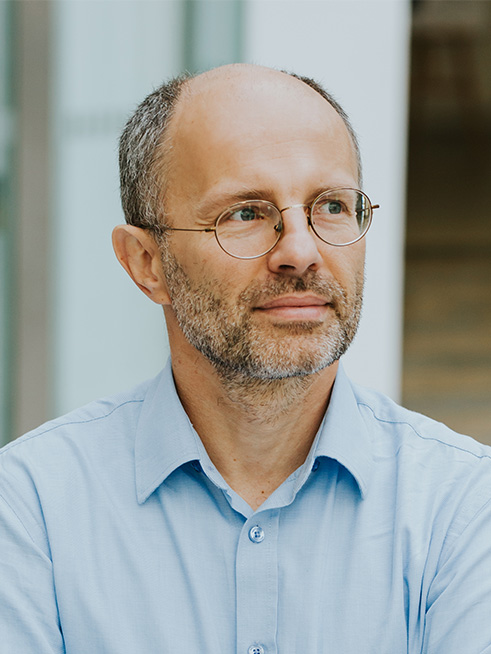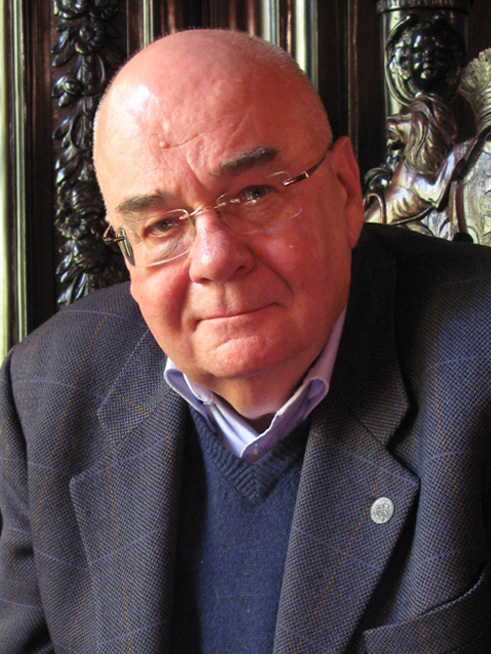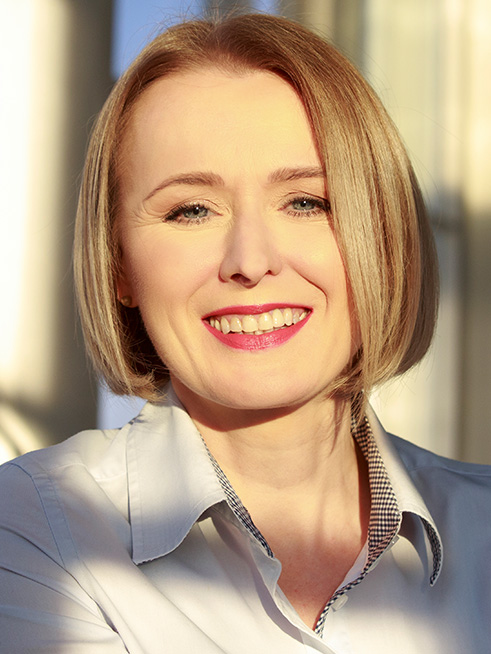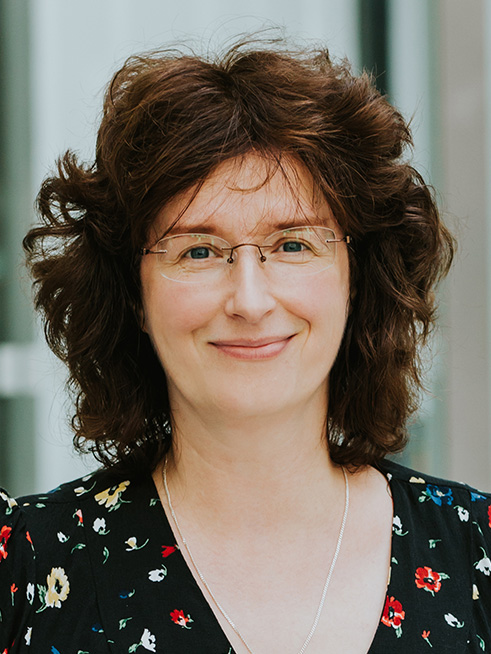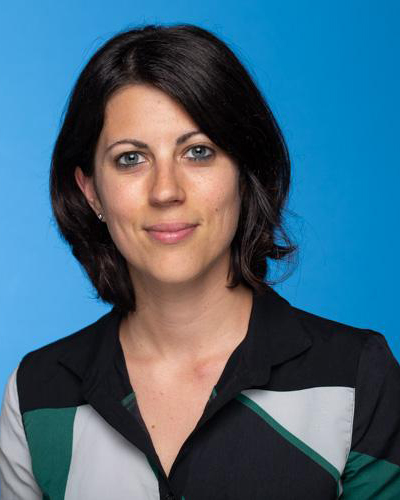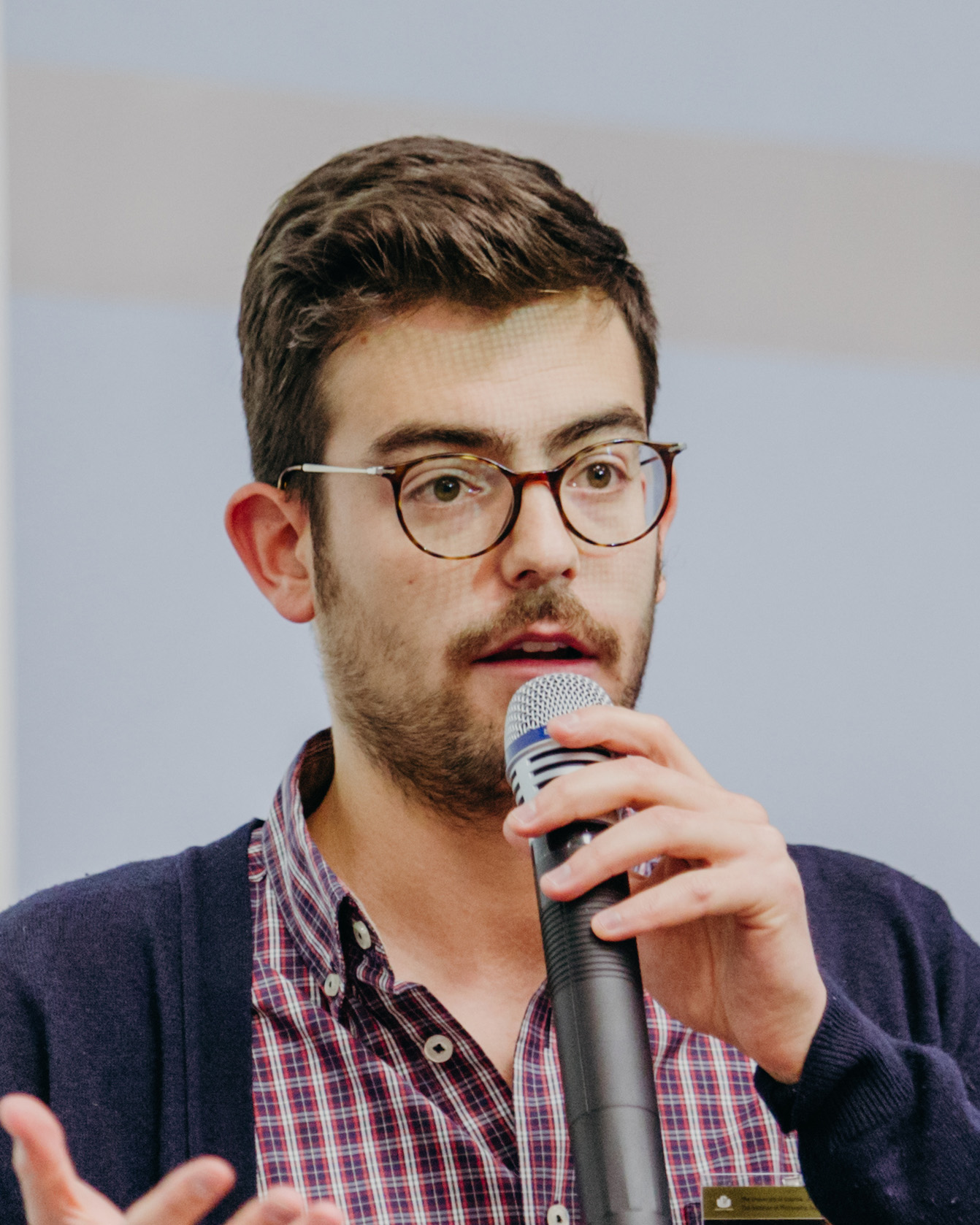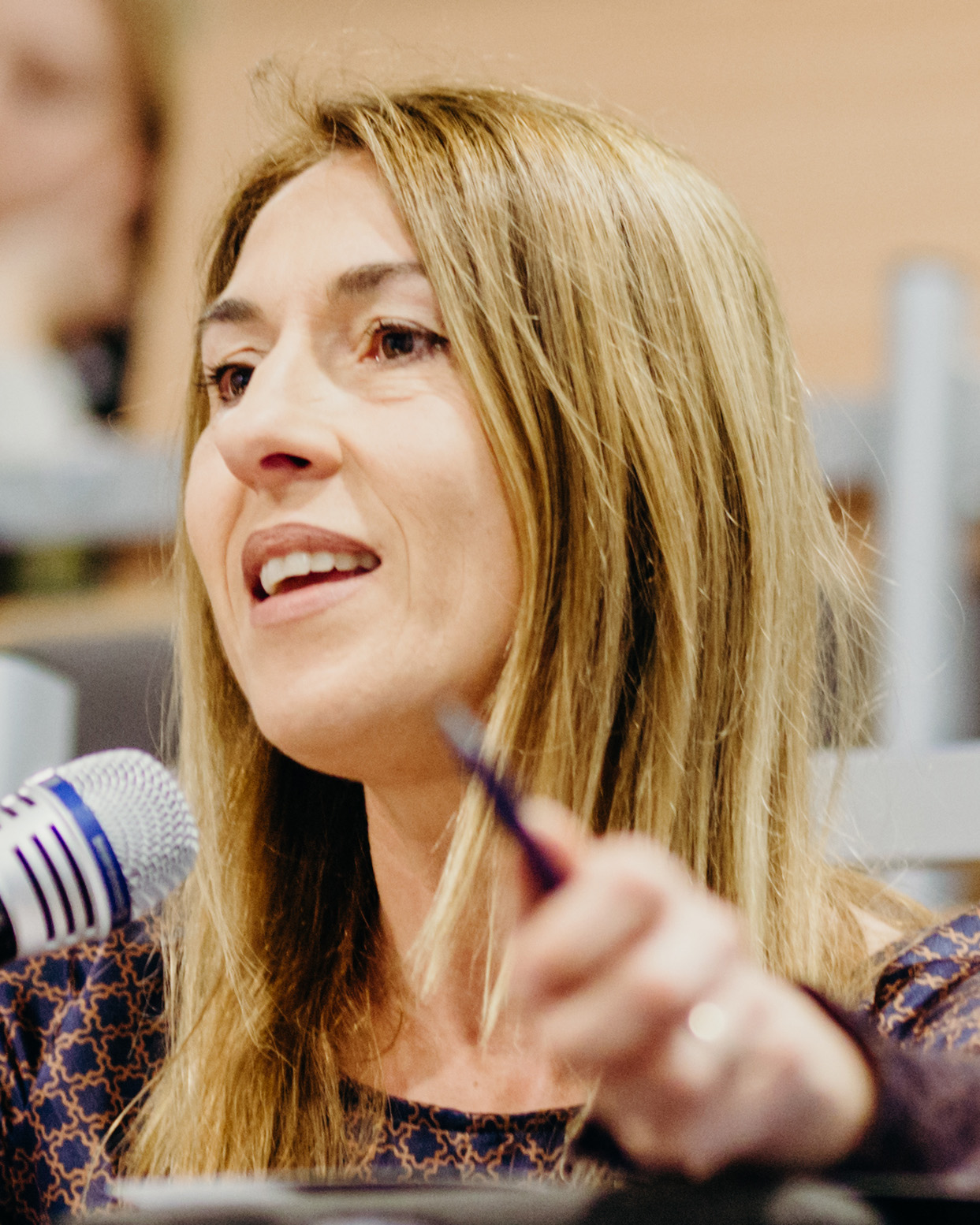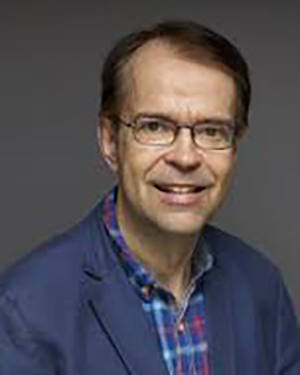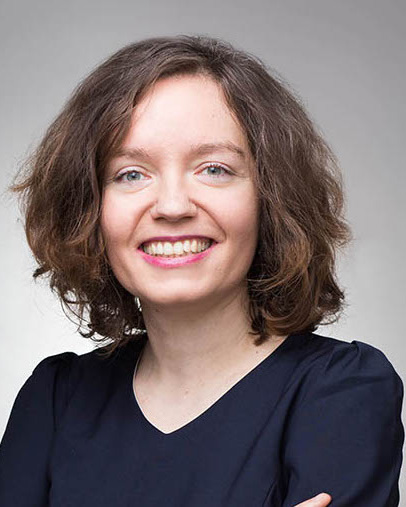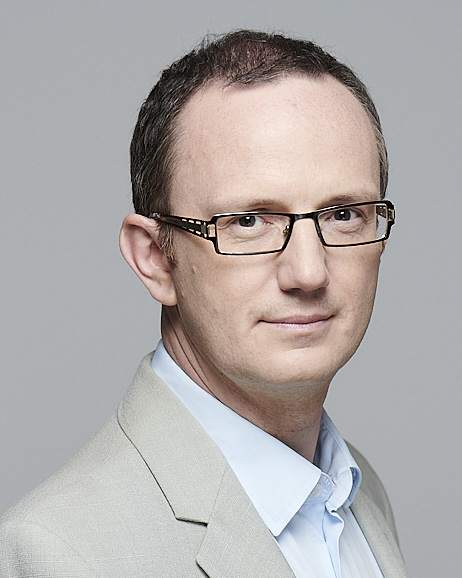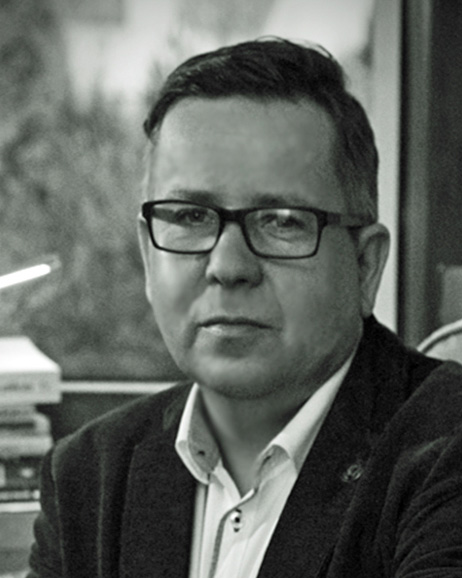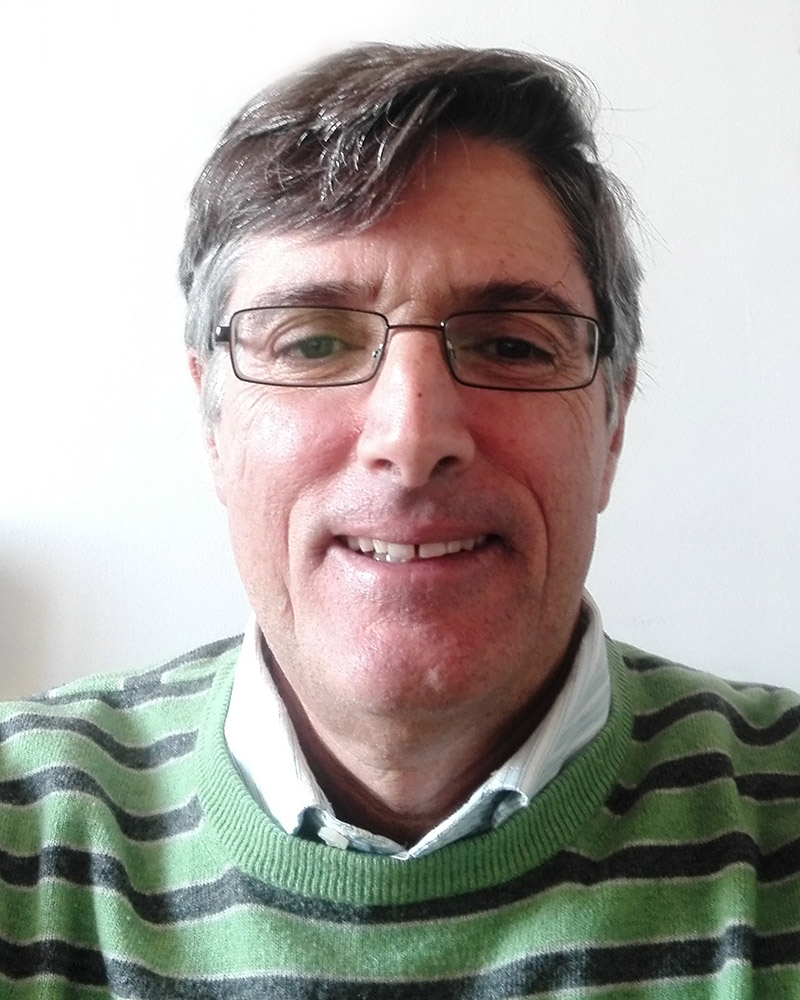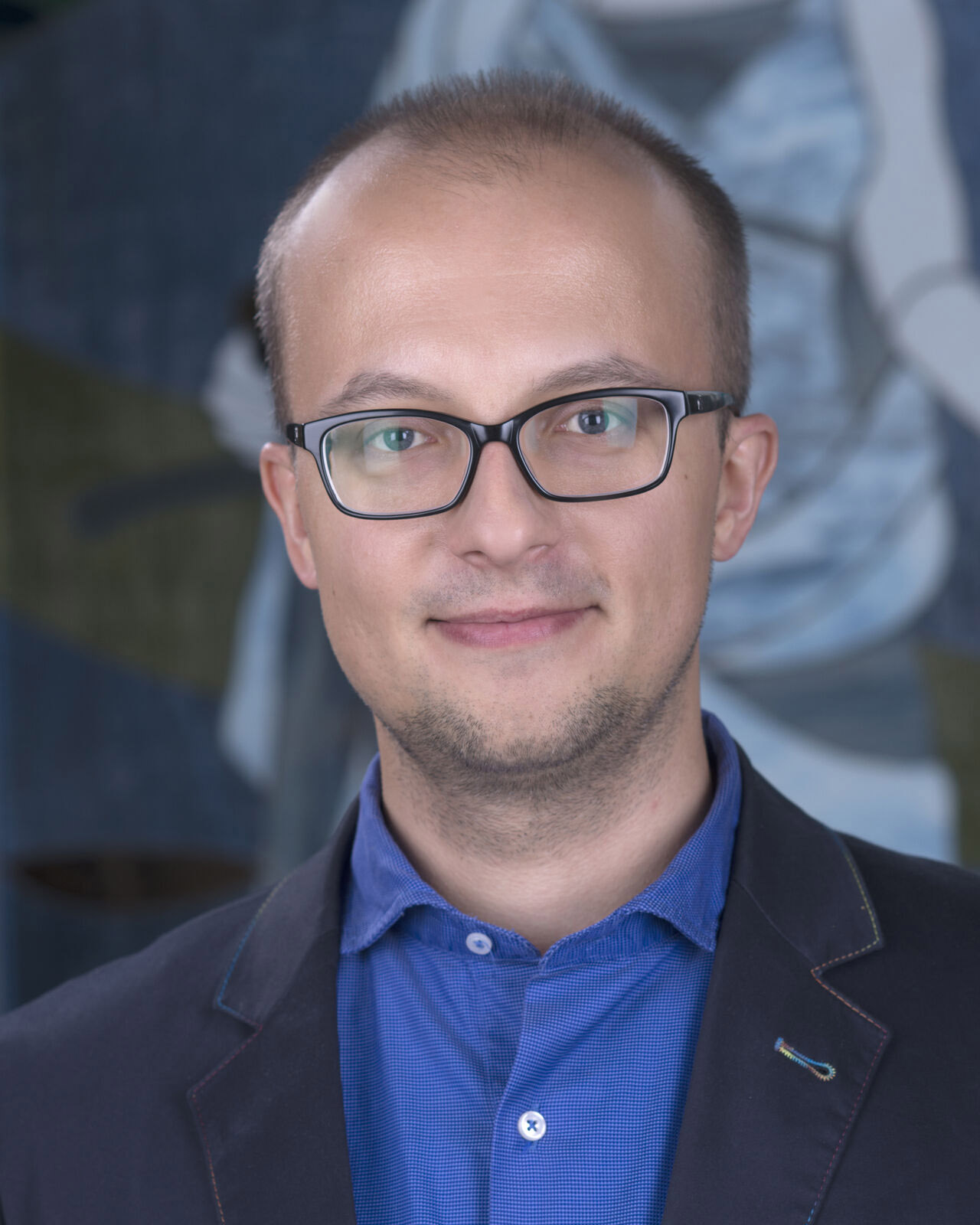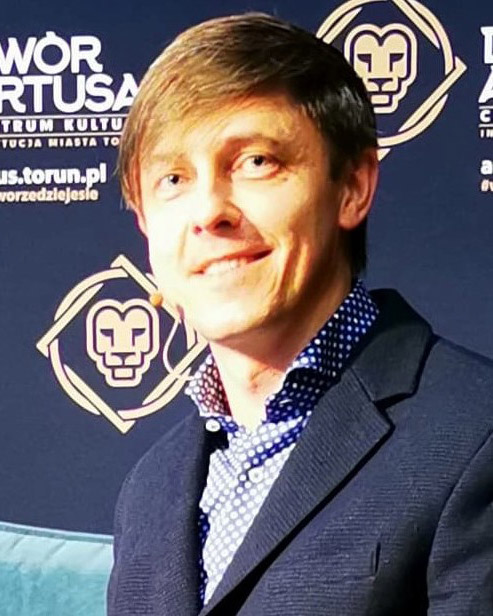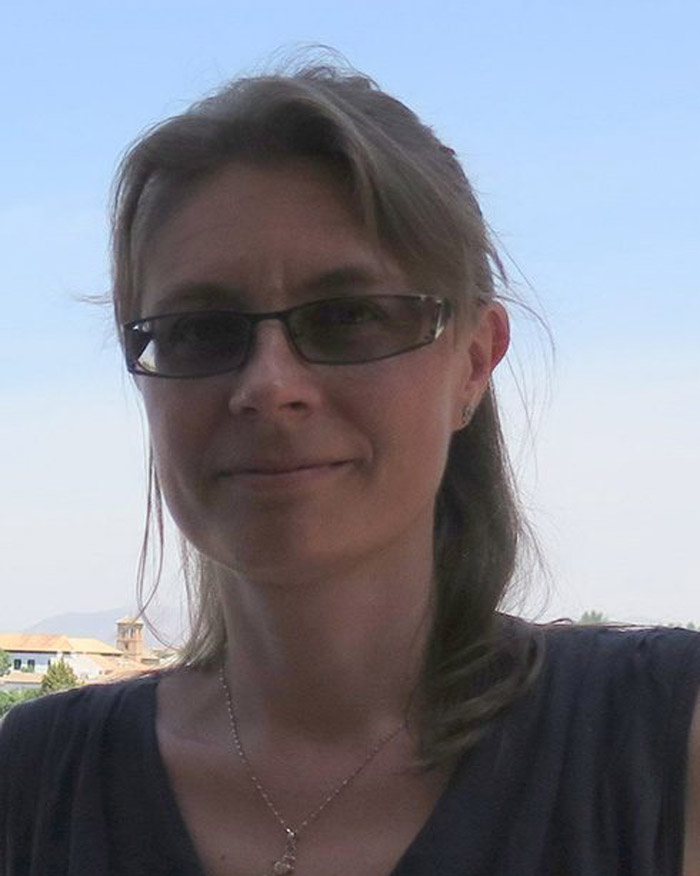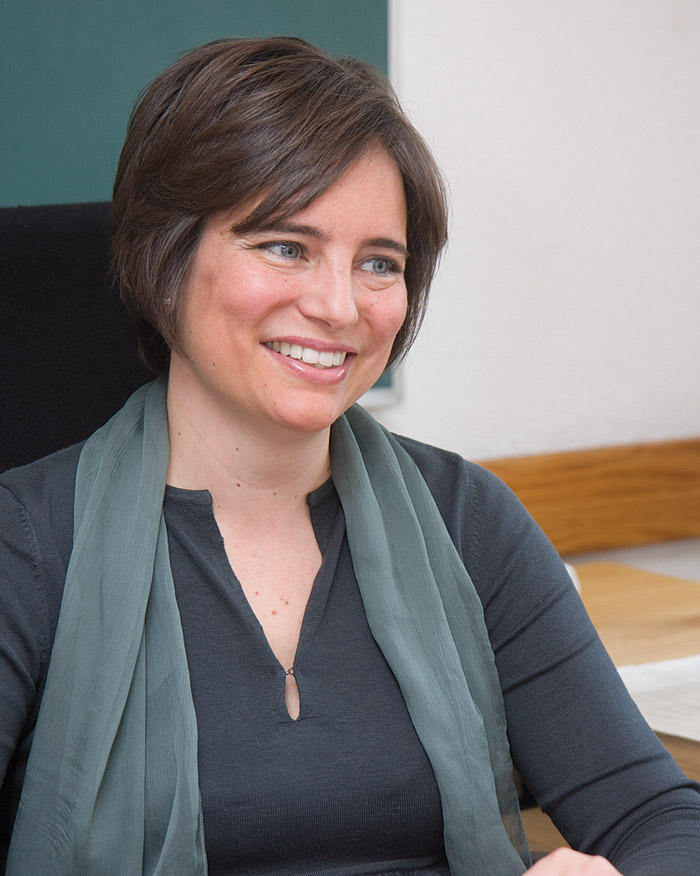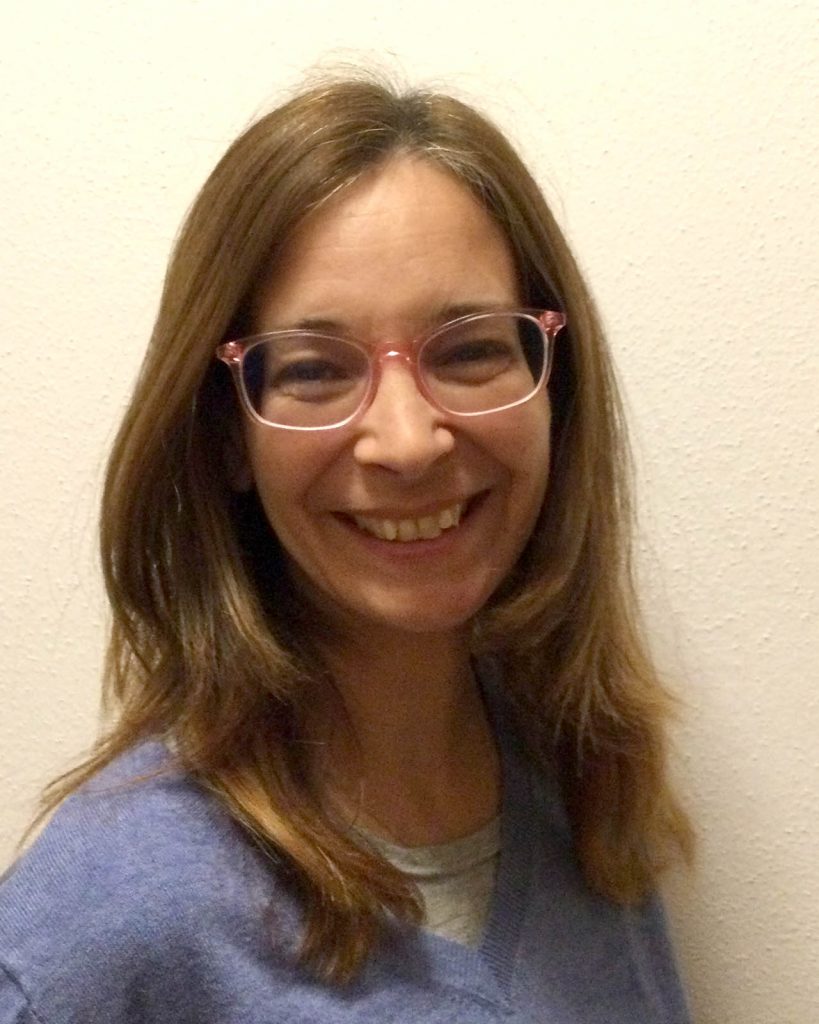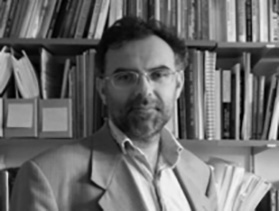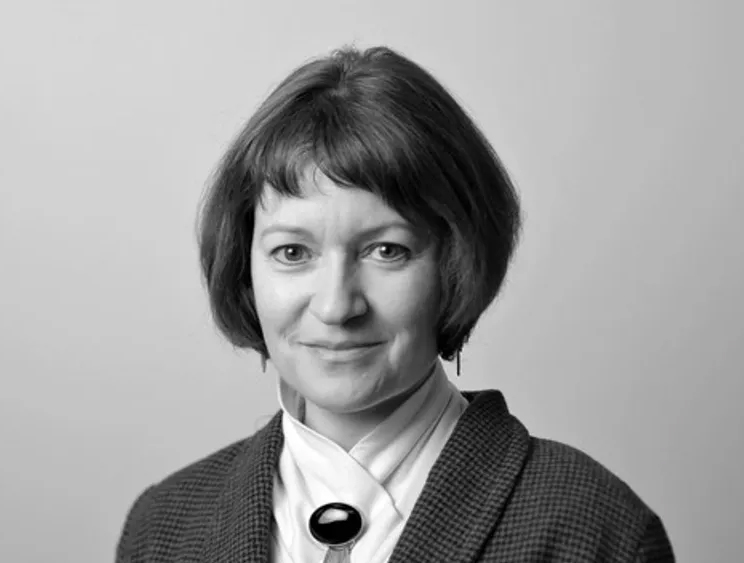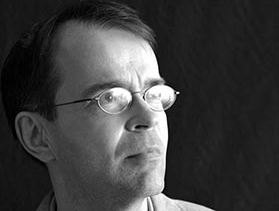A morally good person, honest professional and wise citizen – challenges to contemporary moral education
The project aims to take a closer look at the possibility of applying virtue ethics, one of the most prominent approaches in ethics, to moral education (including enhancing moral condition of human individuals both in their private lives and the social context).
The aim will be realized in the following steps: (1) answering the question of what is virtue and what are its kinds (this step will include outlining catalogues of virtues, historical and contemporary ones, these of the Western and Eastern traditions); (2) analyzing various kinds of virtues – epistemic, ethical, religious, juridical ones, and those related to strong will; (3)checking the possibility of their implementation in the process of moral education, whether on the level of private relationships, professional life (especially in juridical and academic professions), or in social and political context. We want to verify the hypothesis that, alternatively to utilitarianism and deontology, virtue ethics can be applied in the abovementioned domains, with special attention paid to moral education.
Dobry człowiek, uczciwy pracownik, mądry obywatel – wyzwania dla współczesnej edukacji moralnej
Celem projektu są badania wokół możliwości aplikowania etyki cnót – jednego z obecnie najważniejszych podejść etycznych – do edukacji moralnej, czyli podnoszenia kondycji moralnej jednostek ludzkich, zarówno w ich indywidualnym życiu, jak i społecznym. Cel będzie realizowany w kilku krokach (1) odpowiedź na pytanie, czym jest cnota i jakie są jej rodzaje oraz katalogi cnót (historycznie i współcześnie, w kulturze Wschodu i Zachodu); (2) badanie poszczególnych rodzajów cnót – epistemicznych, etycznych, siły woli, religijnych, obywatelskich, jurydycznych; (3) możliwość ich implementacji w toku moralnej edukacji na poziomie prywatnych relacji międzyludzkich, życia zawodowego (szczególnie interesuje nas zawód prawnika oraz pracownika akademickiego), życia społeczno-politycznego.
W ramach projektu weryfikowana będzie hipoteza, zgodnie z którą alternatywny wobec utylitaryzmu i deontologii paradygmat uprawiania etyki jest możliwy do zaaplikowania w wymienianych dziedzinach. Jednym z pól badań będzie edukacja moralna, której etycy cnót przypisują bardzo ważne miejsce.
Our Team
Natasza Szutta
Project Director
Sylwia Mrozowska
Project Secretary
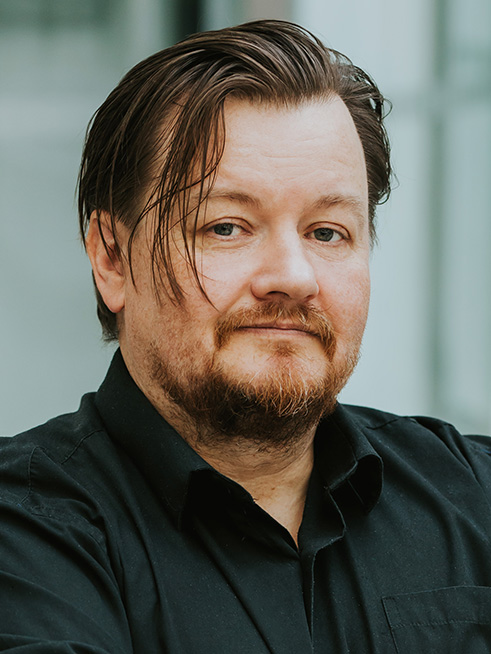
Marek Pepliński
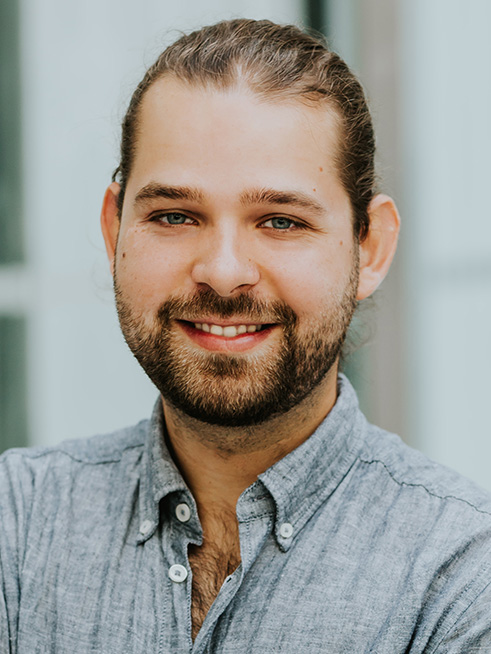
Paweł Sikora
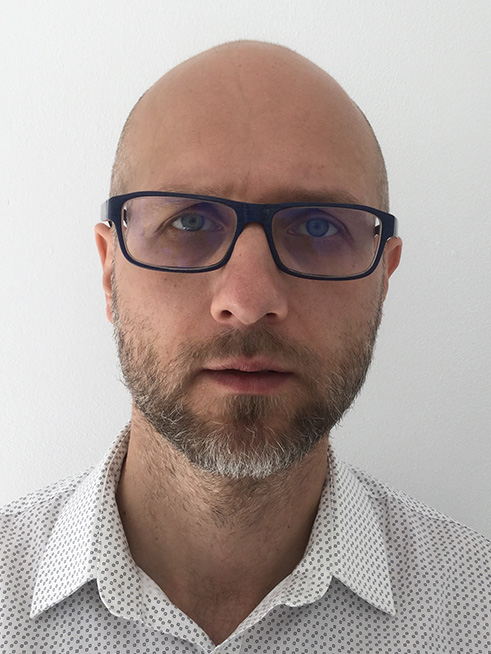
Rafał Lewandowski
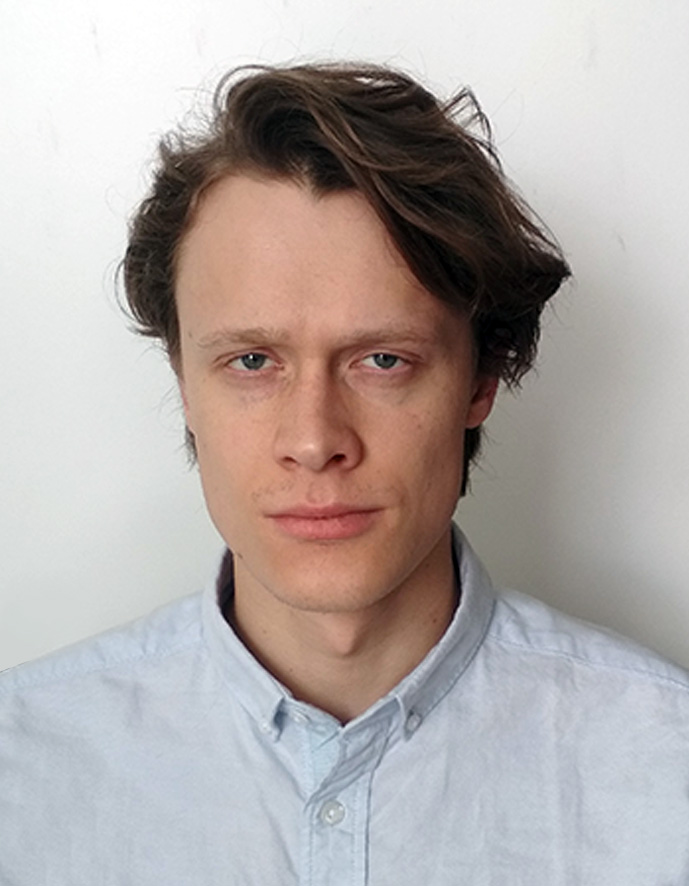
Wojciech Skorupka
Seminar

Keynote: Mario De Caro (University of Rome), Maria Silvia Vaccarezza (University of Genoa)
24.03.2022, 5 pm (MS Teams)
Title: The Priority of Practical Wisdom: A New Paradigm in Virtue-Ethics
Most contemporary virtue-ethics theories adopt Aristotle’s view that phronesis and ethical virtues keep a balance between the two without attributing priority to one over the other. The resulting balance, however, is precarious. In fact, some scholars provide very accurate analyses of practical wisdom, of its integrating and coordinating function. Others offer equally sophisticated analyses of specific ethical virtues, ignoring the relevant issue of how, in the background, practical wisdom can coordinate them and solve their conflicts. Our talk has to two aims. First, we will make explicit the difficulties of these view in tackling the tensions between the two poles; second, we will defend a novel virtue-ethical paradigm that explicitly assigns conceptual, ontological, epistemological, and ontogenetic priority to practical wisdom, conceived as ethical expertise, without getting rid of the ethical virtues. Rather, our account – which we label “virtue molecularism” – conceives of ethical virtues as coming in clusters.
link do spotkania: here

prelegent: dr hab. Jacek Jaśtal
(Politechnika Krakowska)
25.01.2022 godzina 17.00 (MsTeams)
tytuł: Między iluzją a cnotą, czyli o kłopotach z nadzieją
Abstrakt: Pojęciem nadziei posługujemy się nieustannie w tak różnych kontekstach, że bardzo trudno znaleźć dla nich wspólny mianownik. Mówiąc o nadziejach, niekiedy mówimy o tym, co akurat czujemy, a niekiedy o tym, czego bardzo pragniemy. Czasami używamy tego pojęcia jako synonimu dla braku rozsądku, innym razem gotowi jesteśmy bronić postawy żywienia nadziei jako postawy właściwej, racjonalnej, wręcz cnoty. Przekonanie o racjonalności nadziei wydaje się jednak prowadzić do paradoksu. Konstytutywne dla nadziei są bowiem przeświadczenia mówiące, że spełnienie naszych pragnień jest bardzo mało prawdopodobne i prawie od nas nie zależy. Ale kierowanie się nadzieją oznacza intencjonalne zawieszenie tych przeświadczeń i działanie tak, jakby osiągnięcie celu był realne i pozostawało w naszej mocy. Czy taką postawę można w ogóle uznać za racjonalną? Jakie warunki muszą być spełnione, by tak się stało? Jakiego rodzajów obiektów nadziei to dotyczy? Aby odpowiedzieć na te pytania, najlepiej przybrać perspektywę konkretnego człowieka, którego świat właśnie wali się w gruzy. Takiego, jak domniemany przywódca Melos, małej polis na Morzu Egejskim zaatakowanej przez Ateny w czasie wojny peloponeskiej, o czym wspomina Tukidydes.
link do spotkania: kliknij tutaj

Keynote: Christian Miller
(A. C. Reid Professor of Philosophy, Wake Forest University)
https://www.christianbmiller.com
13.12.2021, 5 pm (MS Teams)
Title: Honesty: What is It, How are we Doing, and How can We Improve?
Abstract: The virtue of honesty is a stunningly neglected virtue in many areas of academic research. In this talk, I will approach honesty from the perspectives of philosophy, psychology, and moral education. First, we will clarify conceptually some of the behavioral and motivational aspects of the virtue. Then we will review some of the relevant empirical research which suggests a picture of how honest most people are. Finally, we will briefly highlight a few strategies for trying to grow in honesty.
link do spotkania: here
Partners
Maria Silvia Vaccarezza
University of Genoa
Michel Croce
University of Genoa
Claudia Navarini
The European University of Rome
Kristján Kristjánsson
University of Birmingham
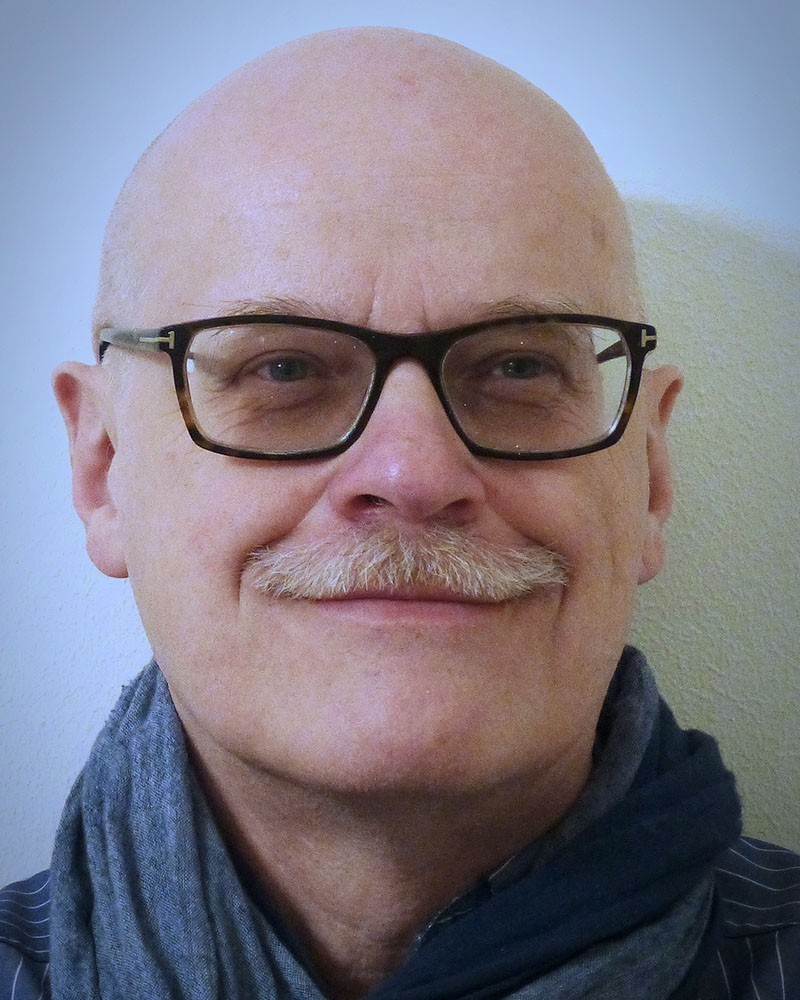
Jacek Jaśtal
Politechnika Krakowska
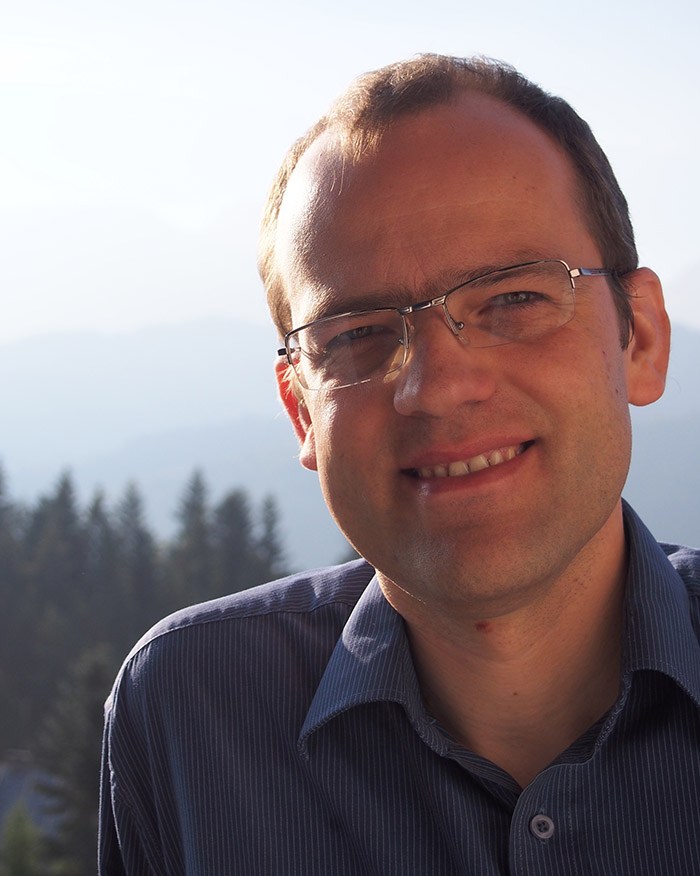
Jarosław Horowski
Nicolaus Copernicus University
Marta Soniewicka
Jagiellonian University
Piotr Machura
University of Silesia in Katowice
Marcin Zdrenka
Nicolaus Copernicus University
Michele Mangini
The University of Bari Aldo Moro
Tomasz Widłak
University of Gdańsk
Piotr Domeracki
Nicolaus Copernicus University
Joanna Mysona Byrska
The Pontifical University of John Paul II in Krakow
Amalia Amaya Navarro
The University of Edinburgh
Nafsika Athanasouli
Independent scholar
Conferences

Institute of Philosophy, University of Gdańsk
invite you to
an International Conference:
VIRTUE & HUMAN DEVELOPMENT
Gdańsk, 2-3 June 2022
Virtue ethics, one of the most influential recent approaches to ethics, is founded on the Aristotelian idea of eudaimonia, having developed one’s potentialities. Eudaimonia so conceived, is to most virtue ethicists the goal of human life.
In order to achieve this goal, virtue ethicists say (and in saying that they also follow Aristotle), we need to develop ethical virtues, i.e., stable dispositions to perform morally good action, or in, other words, a morally good character. It is the realization of these virtues that constitutes the perfection of a human being as human being.
The above characterization of virtues is quite general, one can still ask about many important issues relating to the idea of eudaimonia, the central one being the one of human development. Thus, during our conference, we want to raise the following questions: How should human development be understood? How should we understand eudaimonia in the contemporary world? Is perfecting moral character necessary for achieving eudaimonia? What is the role of epistemic, executive, social or political virtues? Do virtues always enhance human development or do they, at least sometimes, impede it?
We invite all the persons interested in the issues to send their declarations of participation and abstracts.
Our invited speakers:
Details of conference
The conference will last two days. In the mornings there will be plenary sessions with lectures of keynote speakers (each lecture 1ha 30 min. including discussion). In the afternoons there will be sessions in groups (each presentation about 30 min. including discussion).
Details
• 1 May 2022 – 300 word abstract to be submitted (email: natasza.szutta@ug.edu.pl)
• 6 May 2022 latest notification of acceptance
• 16 May 2022 – payment deadline
• 2 June 2022 – conference commences
Conference registration fee: 75 euro or 340 zł.
Includes:
• Conference materials
• Coffee, tea, water, and biscuits (coffee break)
• Lunches (2-3.06.2022)
Conference dinner 30 euro or 100 zł
Contact
Natasza Szutta
Institute of Philosophy UG
ul. Jana Bażyńskiego 4
80-309 Gdańsk
Poland
email: natasza.szutta@ug.edu.pl
Map
